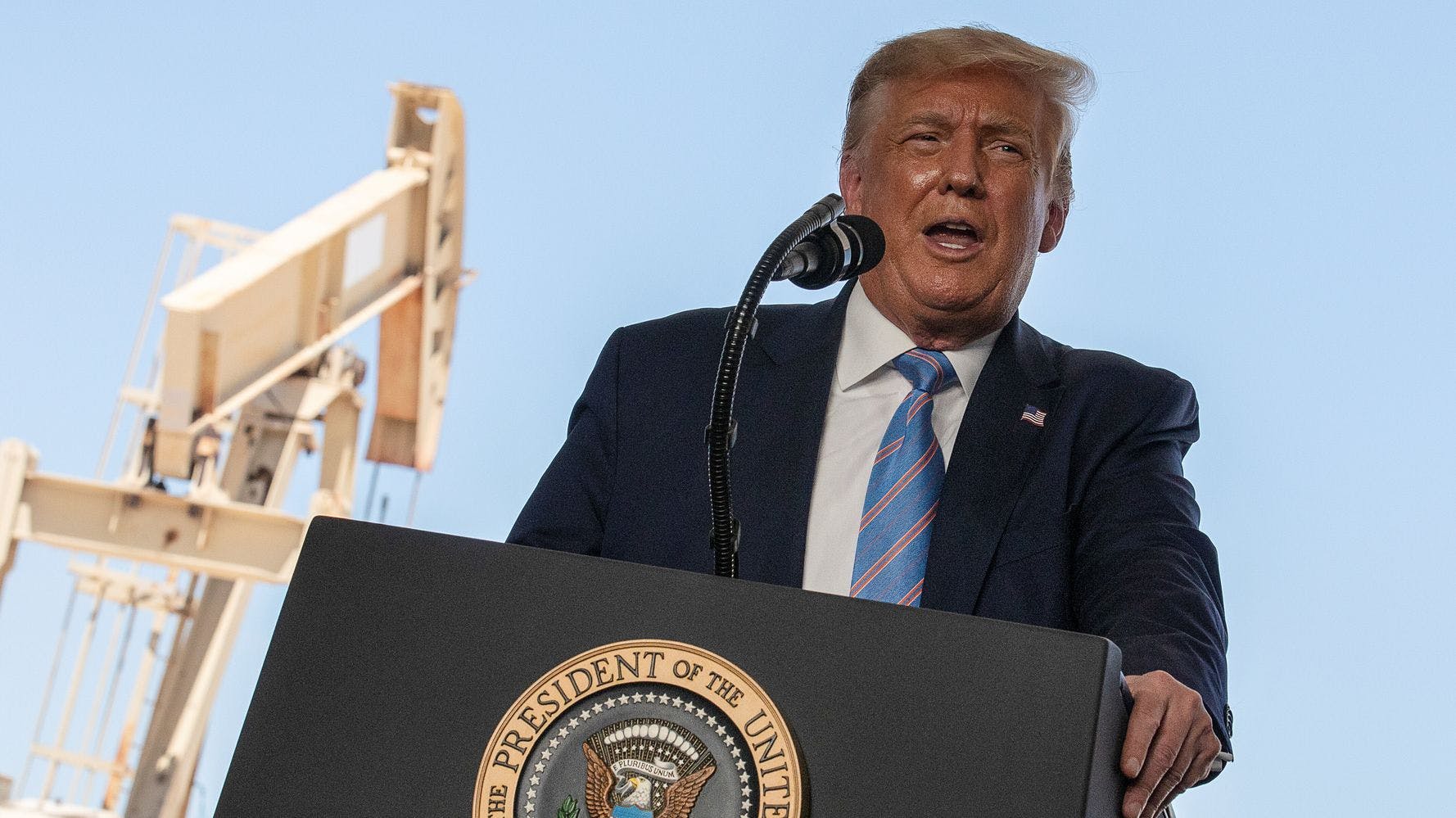 HuffPost
HuffPost
The Oil Lobby’s COVID-19 Wish List
As the coronavirus pandemic upended the U.S. economy, the head of the oil and gas sector’s leading trade association declared that fossil fuel companies weren’t looking for government handouts to stay afloat.
“This is an industry that believes in the free market, it believes in supply and demand as the best arbiter of price,” Mike Sommers, CEO and president of the American Petroleum Institute, told Yahoo Finance in an April 23 interview. “So we’re not asking for any extra help from the federal government. We’re not interested in any bailouts.”
Read more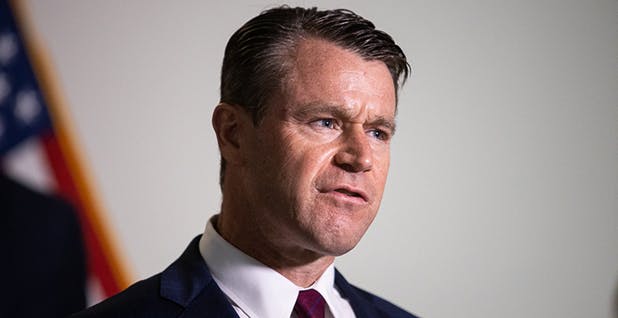 E&E
E&E
Outdoor industry outlines agenda, lobbies for COVID-19 aid
More people than ever are spending time outdoors during the coronavirus pandemic, but the outdoor recreation industry still needs more help from Congress to stay afloat.
Members of the Outdoor Recreation Roundtable, a coalition of 33 national associations representing 110,000 businesses in the outdoors economy, say they need specific federal legislative relief to avoid more layoffs and closures.
Read more Houston Chronicle
Houston Chronicle
The oil industry is consolidating. That's bad news for workers in Houston.
Mergers and acquisitions are sweeping the oil and gas industry, creating ever larger companies that can better withstand the crude market’s boom and bust cycles.
ConocoPhillip’s $9.7 billion takeover of Concho Resources and Pioneer Natural Resources’ $4.5 billion pursuit of Parsley Energy — both announced this week — are the latest attempts by beleaguered energy companies to pool resources and slash costs in the wake of the historic oil bust caused by the coronavirus pandemic. The deals come on the heels of Chevron’s nearly $12 billion acquisition of Houston-based Noble Energy this month, and Devon Energy’s plans to purchase WPX Energy for nearly $2.6 billion.
Read more San Antonio Business Journal
San Antonio Business Journal
Local oil, biofuel companies file for bankruptcy
Two San Antonio area companies in the biofuels and oil industries have filed for bankruptcy over the past week.
On Oct. 13, Castroville-based Finger Oil & Gas Inc. submitted its bankruptcy petition in a San Antonio federal court while Earth Energy Renewables LLC filed on Oct. 20. Both are seeking Chapter 11 protection, meaning they do not plan on fully liquidating their businesses.
Read more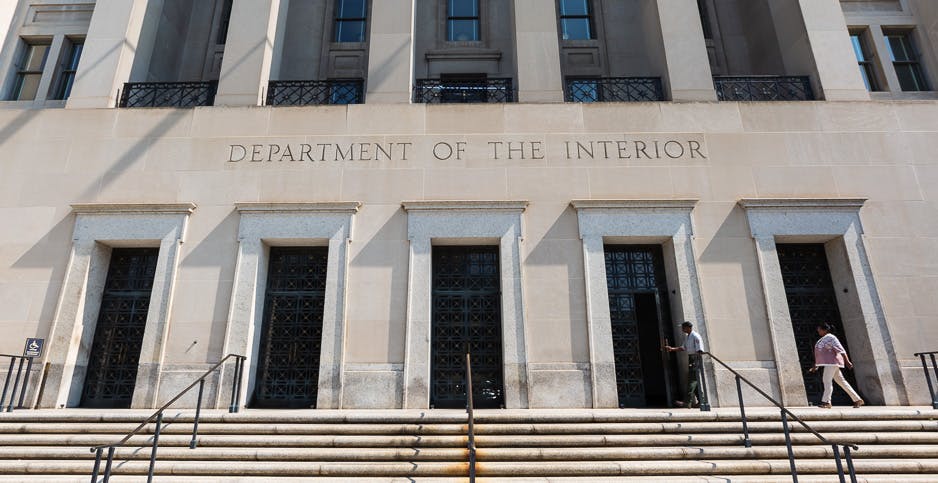 E&E
E&E
140 finance firms have fled coal. Oil, gas are next — report
Dozens of major financial firms have begun to limit their investments in the oil and gas sector — a signal that the world has started to retreat from businesses that drive climate change, according to one advocacy group.
The findings by the Institute for Energy Economics and Financial Analysis, a sustainable energy proponent, is derived from a new tool, released Monday, that tracks which financial institutions have committed to reducing their exposure to oil and gas companies.
Read more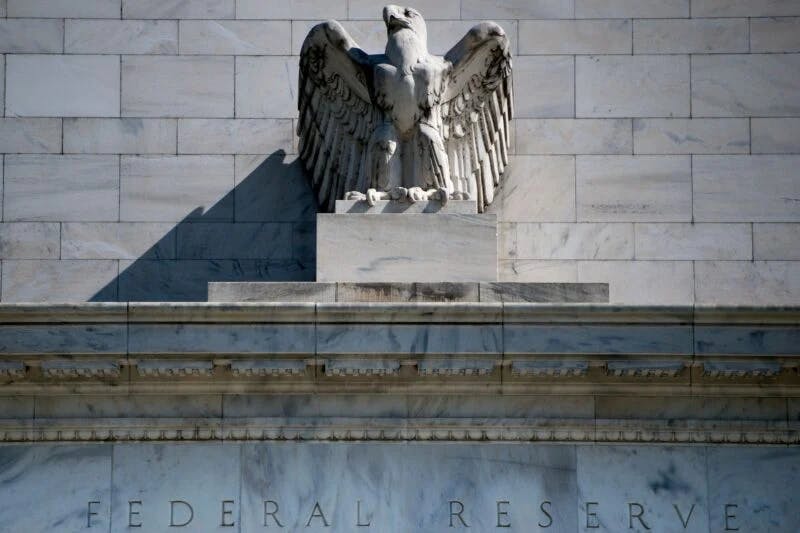 ProPublica
ProPublica
The Fed Saved the Economy but Is Threatening Trillions of Dollars Worth of Middle-Class Retirement
The Federal Reserve, which these days seems to be the only major part of the federal government capable of operating drama-free, has done a lot to help keep our economy afloat. It has cut interest rates to unprecedented low levels, bought billions of dollars of corporate IOUs, helped stabilize the debt markets and helped rescue a stock market that had begun falling sharply in mid-February when the COVID-19 recession started and that seemed headed for a crash.
In the process, the Fed has indirectly provided support to house prices and to the vital home construction business by forcing down mortgage interest rates to all-time lows of about 3%. Given that home equity is a major asset for many middle-class Americans, supporting home prices is especially important. As is supporting the home construction industry, which is a major source of blue-collar jobs.
Read more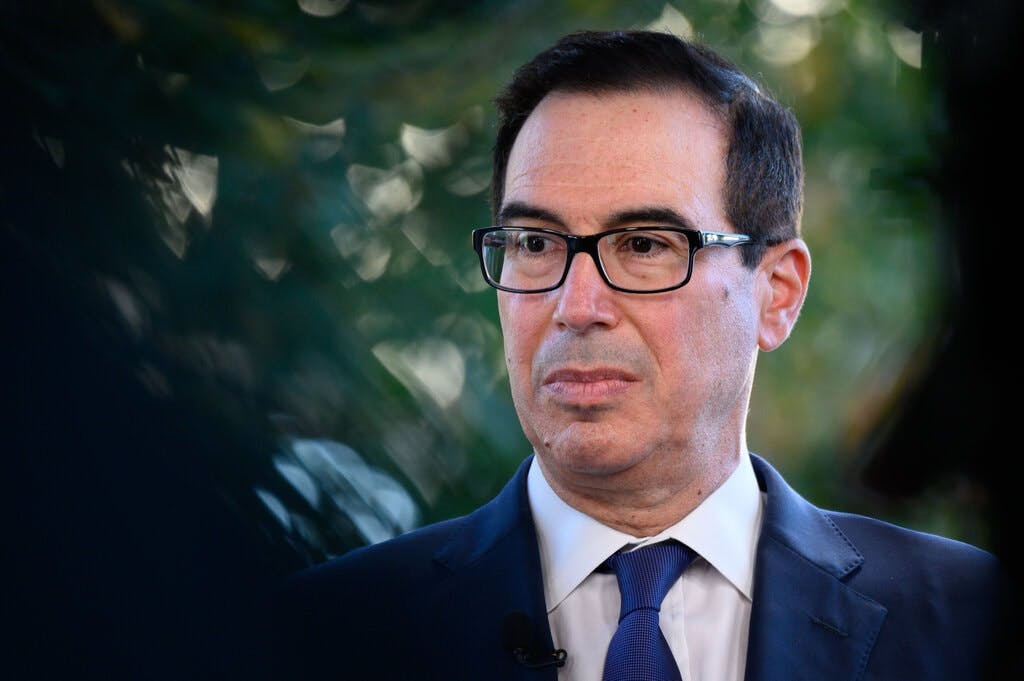 The New York Times
The New York Times
The Fed’s $4 Trillion Lifeline Never Materialized. Here’s Why.
As companies furloughed millions of workers and stock prices plunged through late March, Treasury Secretary Steven Mnuchin offered a glimmer of hope: The government was about to step in with a $4 trillion bazooka.
The scope of that promise hinged on the Federal Reserve. The relief package winding through Congress at the time included a $454 billion pot of money earmarked for the Treasury to back Fed loan programs. Every one of those dollars could, in theory, be turned into as much as $10 in loans. Emergency powers would allow the central bank to create the money for lending; it just required that the Treasury insure against losses.
Read more